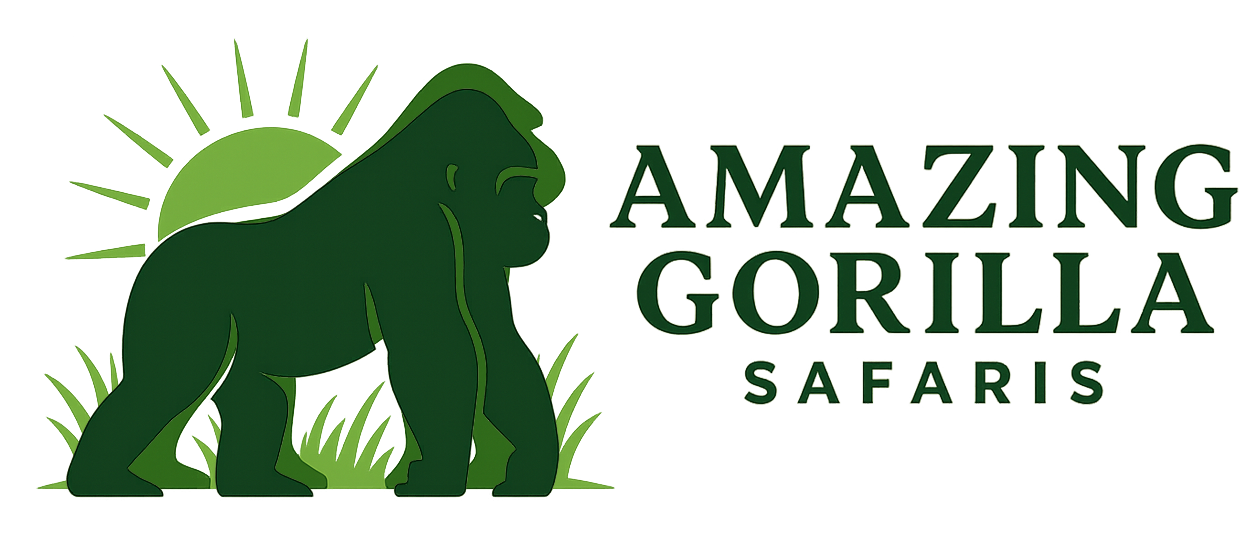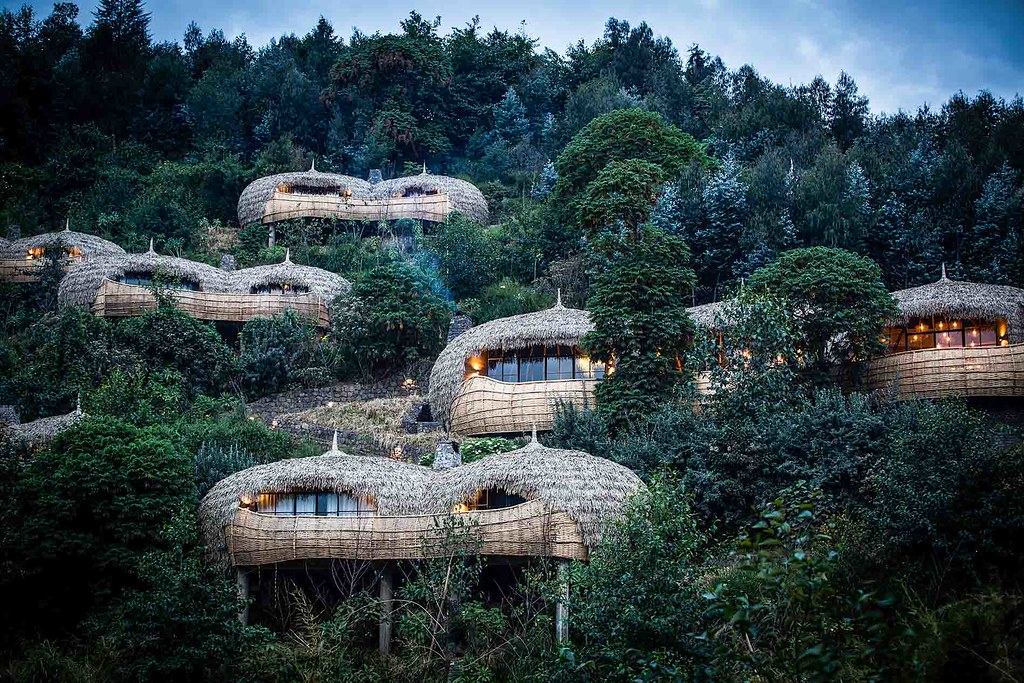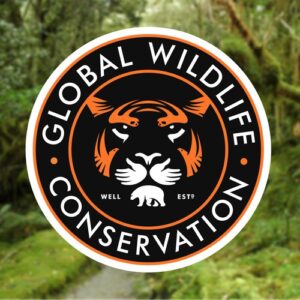Rwanda Travel Tips and Safari Advice – Everything You Need to Know Before You Go
Rwanda, known as the Land of a Thousand Hills, is one of Africa’s most captivating destinations. Famous for its mountain gorillas, stunning scenery, and warm hospitality, this small but vibrant nation offers world-class wildlife encounters, smooth infrastructure, and a strong focus on safety and sustainability. Whether you’re planning a gorilla trek in Volcanoes National Park, a primate adventure in Nyungwe Forest, or a scenic escape to Lake Kivu, Rwanda promises an unforgettable experience.
To help you plan your journey, here are the best Rwanda travel tips and safari advice for 2025 — from health and safety to park etiquette and local customs.
1. Entry Requirements and Visa Information
Rwanda welcomes travelers with a simple and efficient entry process.
-
Visa: Most visitors need a tourist visa, which costs USD 50 for single entry. You can apply online before arrival or obtain one on arrival at Kigali International Airport.
-
East Africa Tourist Visa: For travelers visiting Uganda, Kenya, and Rwanda, this multi-entry visa costs USD 100 and allows movement between the three countries for up to 90 days.
-
Passport Validity: Ensure your passport is valid for at least six months from your date of entry.
Tip: Apply for your visa online via Rwanda’s official immigration website for faster processing.
2. Health and Safety Tips
Rwanda is one of the safest countries in Africa, with a low crime rate and a welcoming population. However, travelers should take basic precautions and health measures.
-
Vaccinations: Proof of Yellow Fever vaccination is required for all travelers entering Rwanda. Other recommended vaccines include Hepatitis A, Typhoid, and Tetanus.
-
Malaria Prevention: Rwanda is a malaria-risk country. Carry mosquito repellent, wear long clothing in the evening, and consider antimalarial medication.
-
Travel Insurance: Always travel with comprehensive insurance covering medical evacuation and adventure activities like gorilla trekking.
Tip: Kigali has excellent medical facilities, but remote areas may have limited services — carry a small personal medical kit.
3. Best Time to Visit Rwanda
Rwanda’s tropical highland climate makes it a year-round destination, but the best time for safaris and trekking is during the dry seasons:
-
June to September: Ideal for gorilla trekking, chimpanzee tracking, and general wildlife safaris.
-
December to February: Short dry season, also great for nature walks and birdwatching.
-
March to May & October to November: Rainy seasons, but with fewer crowds, lower rates, and lush green landscapes — perfect for photographers.
Tip: Even in the dry season, mountain weather can be unpredictable — always carry a rain jacket.
4. Gorilla and Primate Trekking Tips
Rwanda is world-renowned for its gorilla trekking experiences in Volcanoes National Park — a once-in-a-lifetime adventure that requires preparation.
-
Permits: A gorilla trekking permit costs USD 1,500 per person and must be booked in advance through the Rwanda Development Board (RDB) or a licensed tour operator.
-
Fitness Level: Gorilla treks can last between 1–6 hours, depending on the gorilla family’s location. Moderate fitness and good walking shoes are essential.
-
Packing Essentials: Hiking boots, gloves, long trousers, a rain jacket, snacks, and a reusable water bottle.
-
Photography: No flash photography is allowed. Keep at least 7 meters distance from the gorillas.
-
Other Primates: Combine your trek with golden monkey tracking in Volcanoes National Park or chimpanzee trekking in Nyungwe Forest National Park for a complete primate experience.
Tip: Hire a local porter during your trek — it supports community livelihoods and makes the hike easier.
5. Money and Payments
-
Currency: The official currency is the Rwandan Franc (RWF), though US dollars are widely accepted in lodges and tour companies.
-
ATMs: Available in major towns, especially Kigali, but carry some cash when traveling to rural areas.
-
Credit Cards: Accepted in high-end hotels and lodges, but small businesses prefer cash.
-
Tipping: Not mandatory, but appreciated. A tip of USD 10–20 per trek guide and 5–10% at restaurants is customary.
Tip: Use clean, recent US dollar bills (issued after 2013) — older notes may not be accepted.
6. Getting Around Rwanda
Rwanda has one of the best road networks in East Africa, making travel between destinations smooth and scenic.
-
By Car: Most safaris are done with 4×4 vehicles and experienced driver-guides. Roads to major parks are well-paved.
-
By Bus: Public buses connect Kigali to towns like Musanze, Rubavu, and Huye — affordable but slower.
-
By Air: Charter flights are available between Kigali, Nyungwe, and Volcanoes for faster transfers.
Tip: Always book your transport with a licensed safari company for comfort and safety, especially when visiting remote areas.
7. Accommodation Options
Rwanda offers accommodation for every budget — from luxury eco-lodges to community guesthouses.
-
Luxury: One&Only Gorilla’s Nest, Bisate Lodge, Nyungwe House, and Magashi Camp.
-
Mid-range: Da Vinci Gorilla Lodge, Five Volcanoes Boutique Hotel, and Lake Kivu Serena.
-
Budget: Kinigi Guest House, Red Rocks Camp, and local homestays.
Tip: Book early during peak gorilla trekking months (June–September).
8. Responsible and Sustainable Travel
Rwanda is a model of eco-tourism and conservation. Travelers are encouraged to follow sustainable practices that protect the environment and benefit local communities.
-
Respect park regulations and wildlife.
-
Avoid single-use plastics — Rwanda is a plastic-free country.
-
Support community projects by buying local crafts or visiting village initiatives.
-
Always ask before taking photos of people.
Tip: Bring a reusable water bottle — bottled plastic is banned.
9. Language and Culture
-
Languages: Kinyarwanda is the national language, but English and French are widely spoken.
-
Culture: Rwandans are warm, respectful, and soft-spoken. Modest dress and polite greetings are appreciated.
-
Etiquette: Avoid discussing politics or the genocide casually — visit the Kigali Genocide Memorial respectfully.
Tip: Learn a few phrases in Kinyarwanda, such as Muraho (hello) or Murakoze (thank you) — locals love it when visitors try.
10. Top Experiences Beyond Gorilla Trekking
-
Nyungwe Forest National Park: Walk the famous canopy walkway, track chimpanzees, and enjoy birdwatching.
-
Akagera National Park: Experience classic Big Five safaris — lions, elephants, rhinos, leopards, and buffaloes — in Rwanda’s only savanna park.
-
Lake Kivu: Relax by the lakeside, enjoy kayaking, and explore the scenic towns of Rubavu, Kibuye, and Rusizi.
-
Kigali City Tour: Visit the genocide memorial, local markets, and art galleries for cultural immersion.
Final Thoughts
Rwanda combines natural beauty, world-class tourism standards, and a deep sense of peace. Its safaris are well-organized, sustainable, and safe — offering an experience that feels both personal and purposeful.
Whether you’re trekking gorillas, driving through the savannas of Akagera, or soaking in the calm of Lake Kivu, Rwanda will touch your heart with its warmth and resilience.
Plan ahead, travel responsibly, and embrace every moment — Rwanda is more than a destination; it’s an inspiration.





